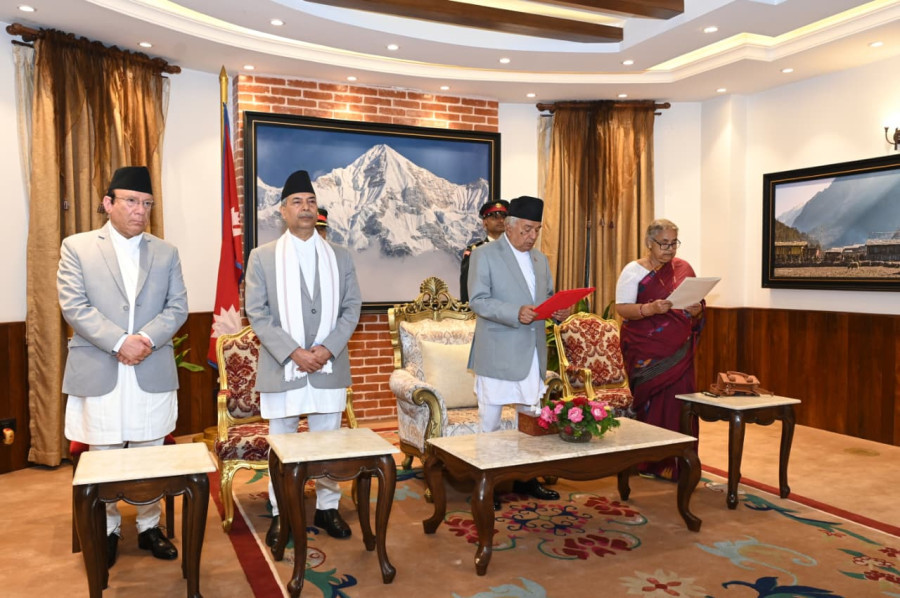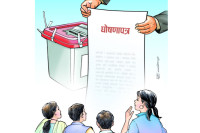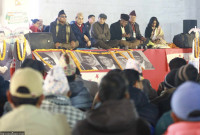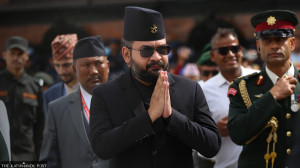Opinion
Dare to hope
After four days of uncertainty, Nepal appointed Sushila Karki, Nepal’s first female chief justice and now the first female prime minister, on September 12, 2025.
After four days of uncertainty, Nepal appointed Sushila Karki, Nepal’s first female chief justice and now the first female prime minister, on September 12, 2025. This moment is historic. Her appointment marked the end of a decade-long relay race for premiership among the three men: Khadga Prasad Sharma Oli, Sher Bahadur Deuba and Pushpa Kamal Dahal. Karki’s appointment unveils a pragmatic reasoning. Gen-Z recognised the need for an experienced interim leader who is familiar with the existing institutions, can stabilise the government and conduct credible elections that will shape the trajectory of Nepal in the days to come. Her tenure as a former Chief Justice, marked by honesty and integrity, her stance on democracy, her non-affiliation with any political parties since 2016, and her firm advocacy against corruption made her a popular choice among Gen-Z voters. -Riya Chapagain
Nepalis are no strangers to adversity. We rebuilt after the 2015 earthquake. We endured the pandemic and saw tourism rise again. This latest crisis can be another turning point. If we revive tourism with seriousness, strengthen the domestic industry, and invest in our youth, Nepal will not just recover but advance. The world is watching, but more importantly, my generation is watching. We are ready to contribute, if given the chance at home. The choice now is to let this moment be remembered for destruction,
or for renewal led by a generation determined to build Nepal anew. -Sandesh Pandey
Nepal still has the chance to turn this youth bulge into a force for transformation. What is needed is bold and honest investment in our own people. Education must prepare young people for reality, equipping them with practical skills, critical thinking and creativity, not just certificates. Technical and vocational training should be prioritised so that skills match the demands of the job market. Employment opportunities must be fair and transparent, with both government and private sectors creating pathways for merit-based hiring rather than favouritism. Public service exams, internships and training programmes need to be strengthened and monitored with accountability. At the same time, entrepreneurship should be encouraged by removing barriers to finance and bureaucracy. With proper access to credit, mentorship and digital tools, young Nepalis can create jobs not only for themselves but for others as well. Finally, trust must be restored in governance by ending corruption, ensuring transparency and including youth voices in decision-making. -Asmi Khanal




 19.12°C Kathmandu
19.12°C Kathmandu









